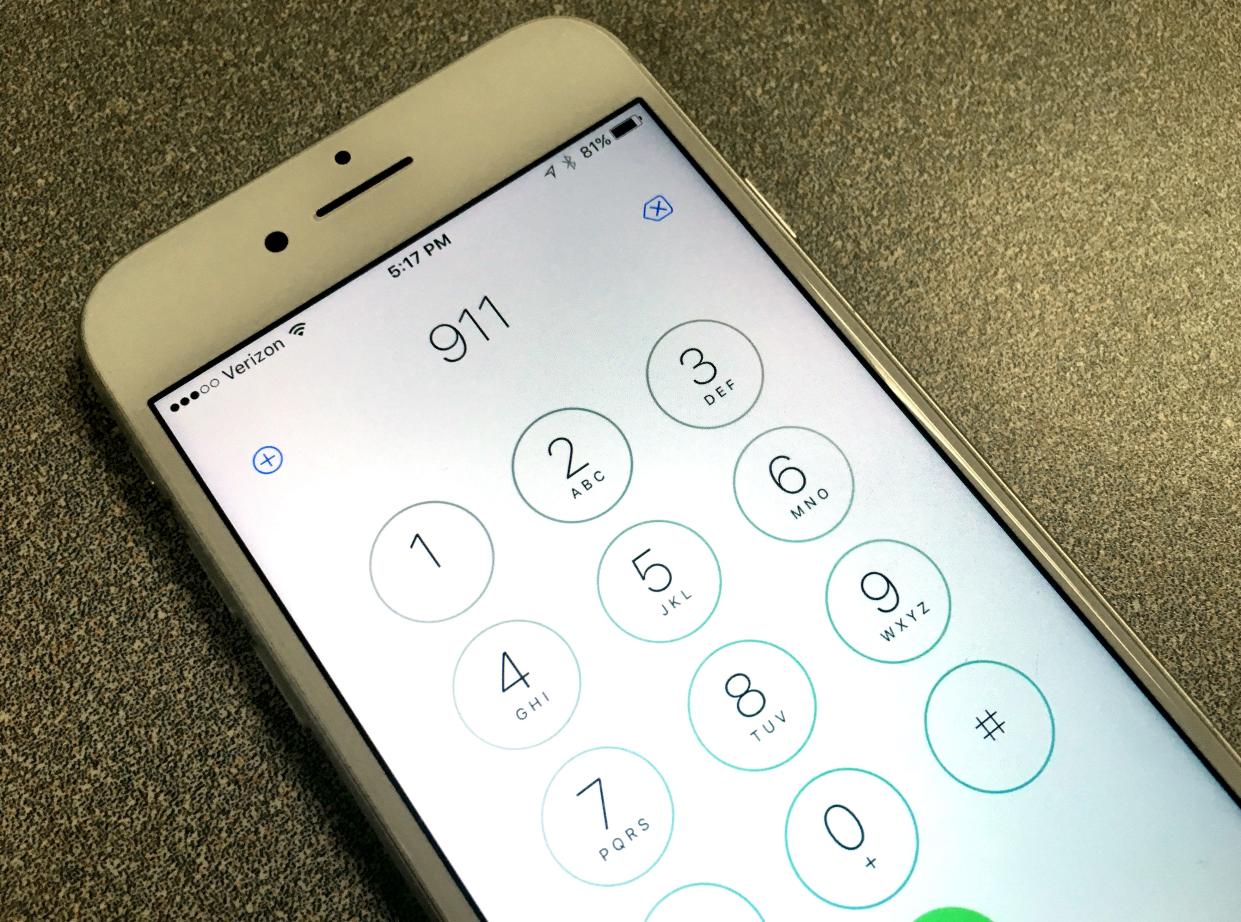Pilot program to send mental health professional instead of police to some incidents

A new pilot program in Cincinnati will give 911 dispatchers the option to send a mental health professional to certain low-risk incidents instead of police, officials announced Thursday.
Called "alternative response," these programs are popping up across the country as cities seek to reform police departments in the wake of the 2020 protests prompted by the death of George Floyd in Minneapolis.
"There are [911] callers who can best be helped by another resource," Mayor Aftab Pureval said in a press conference Thursday. "Our communities are asking for this service."
The $178,000 pilot will create a team comprised of one licensed behavioral health clinician and one Cincinnati Fire Department paramedic. The clinician has not yet been hired, officials said. The program is scheduled to launch by July.
The six-month program will give 911 dispatchers a fourth option for the calls. Currently, they can only send police, fire or traffic enforcement to address incidents.
More: Denver successfully sent mental health professionals, not police, to hundreds of calls
Emergency Communication Center Director Bill Vedra said police have been treated like a "Swiss army knife" when it comes to public safety, responding to all sorts of issues that might not involve crime. Now there will be another tool available, he said.
He said 911 call takers and dispatchers will be trained on new protocols and procedures to determine which calls are appropriate to send to the team.
Assistant Chief Teresa Theetge said she supports the program and noted it will also free up police resources. "Safety may come in many different forms," she said.
CPD has programs that allow civilian advocates to respond with officers
Cincinnati police have two long-established "co-response" programs. These are programs that allow civilian advocates to immediately respond to incidents alongside officers.
The Mobile Crisis Team, a partnership between police and UC Health, will continue to respond to any high-risk incidents involving mental health. Cincinnati police have also partnered with Women Helping Women to get advocates at the scene of domestic violence.
While this new team will be in radio contact with police in case of an emergency, they will respond to incidents by themselves.
Denver's STAR program uses the same approach. According to a Denver Post report, it was launched in 2020 and recently got another $1.4 million in city funding to expand. In 20 months, the teams in Denver responded to 2,700 calls and never had to call police for backup, the report states.
The Cincinnati team is expected to help not only those experiencing a mental health crisis but also those suffering from homelessness, poverty and housing emergencies.
Partnership with Talbert House will provide crisis line
Along with this pilot program is a new partnership between the city and Talbert House to provide a crisis line for those considering suicide or experiencing another mental health crisis. Officials said that when the 998 mental health and suicide prevention system is rolled out nationally, Talbert House will be the organization taking those calls locally.
This partnership moves that timeline up in Cincinnati and will soon allow those who call 911 to be routed to Talbert House professionals for help.
Verda said the presence of police, while well-intentioned, can cause situations with mentally ill people to escalate.
"Police not might be the help that person needs," he said.
This article originally appeared on Cincinnati Enquirer: Pilot program to send mental health professional instead of police to some incidents

